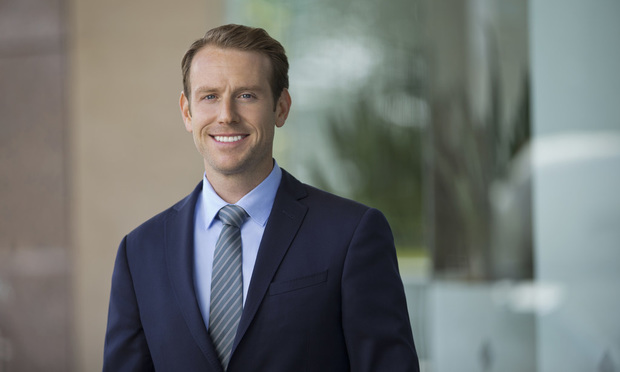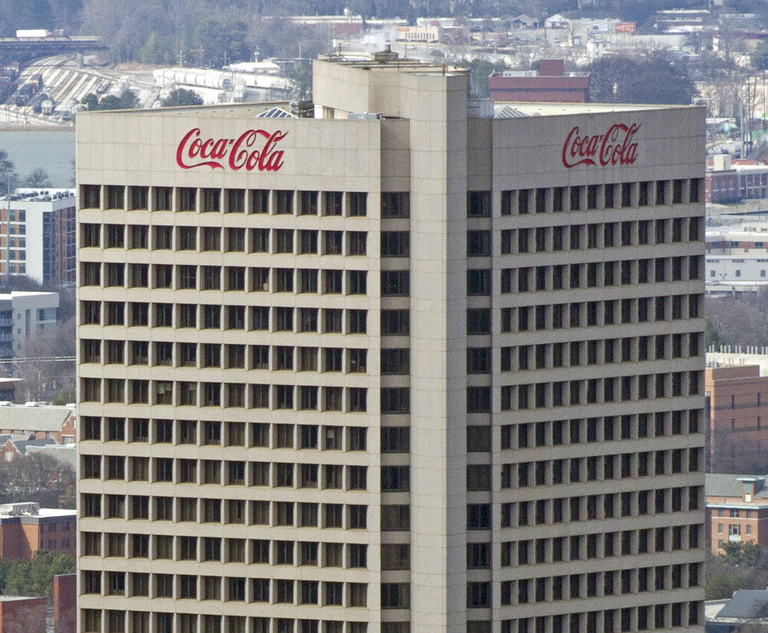When Judge William Alsup asked the lawyers in Waymo v. Uber—the recent showdown over self-driving car technology—if engineers really had to get lobotomies before going to their next job, he wasn’t just asking if they had to “forget” what makes their former employers’ technology work. He was also asking if they had to forget what did not work for their former employers.
Unfortunately for engineers—and their employers and the competitors that want to hire them—there is no simple answer under California and federal law. While the results of R&D that prove a certain process or approach does not work for a technology could be commercially valuable, the law is unclear on whether that information—“negative trade secrets” or “negative know-how” in legal jargon—can be a trade secret. Especially in a state like California with strong policies favoring employee mobility and open competition. So what is the difference between a “positive” and “negative” trade secret? Does an engineer have to pretend he does not know what doesn’t work and repeat mistakes at his next job? And how should the law handle hiring talented engineers who learned practical lessons about dead ends or pitfalls to avoid while on the job?


 Maxwell Pritt of Boies Schiller Flexner
Maxwell Pritt of Boies Schiller Flexner




